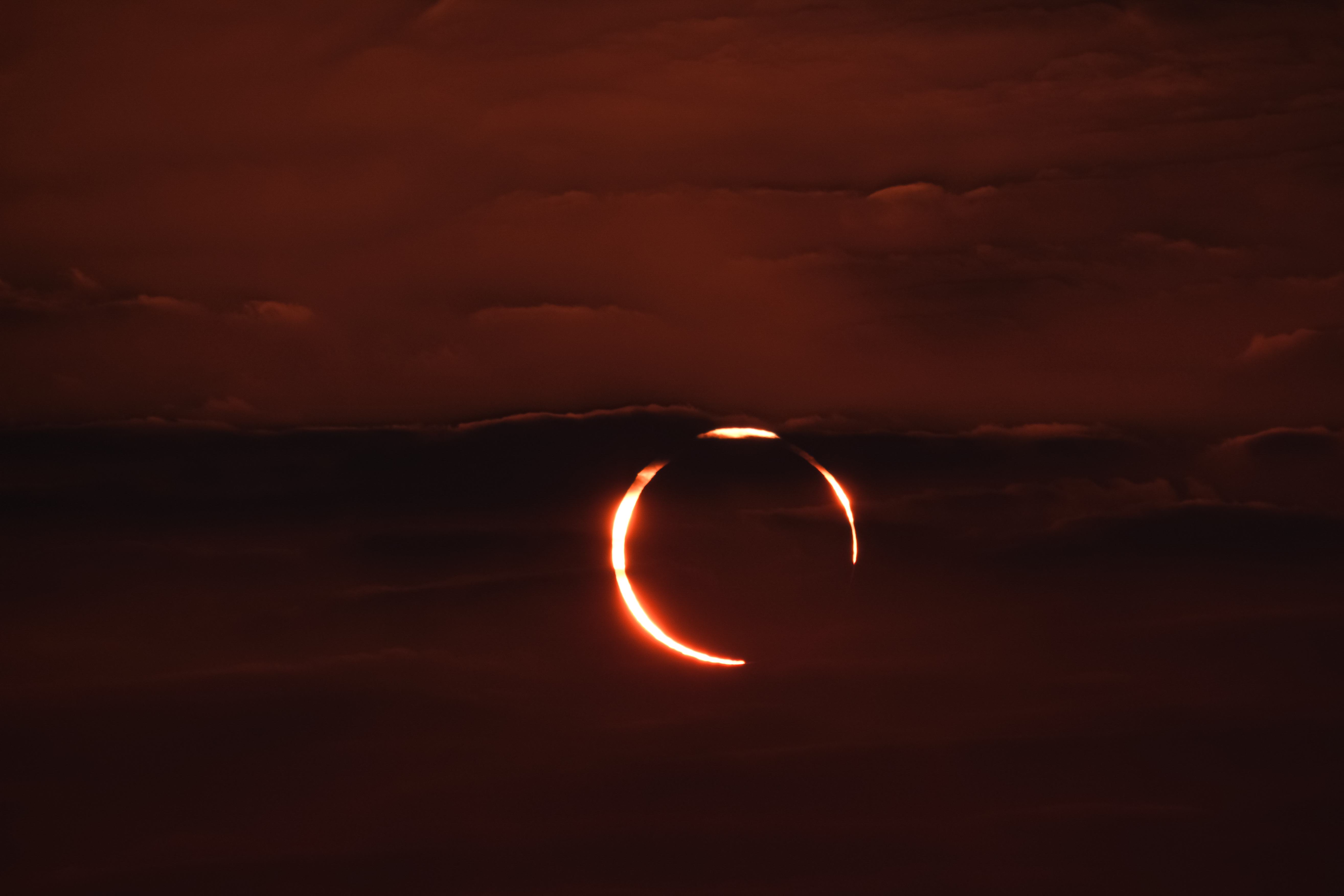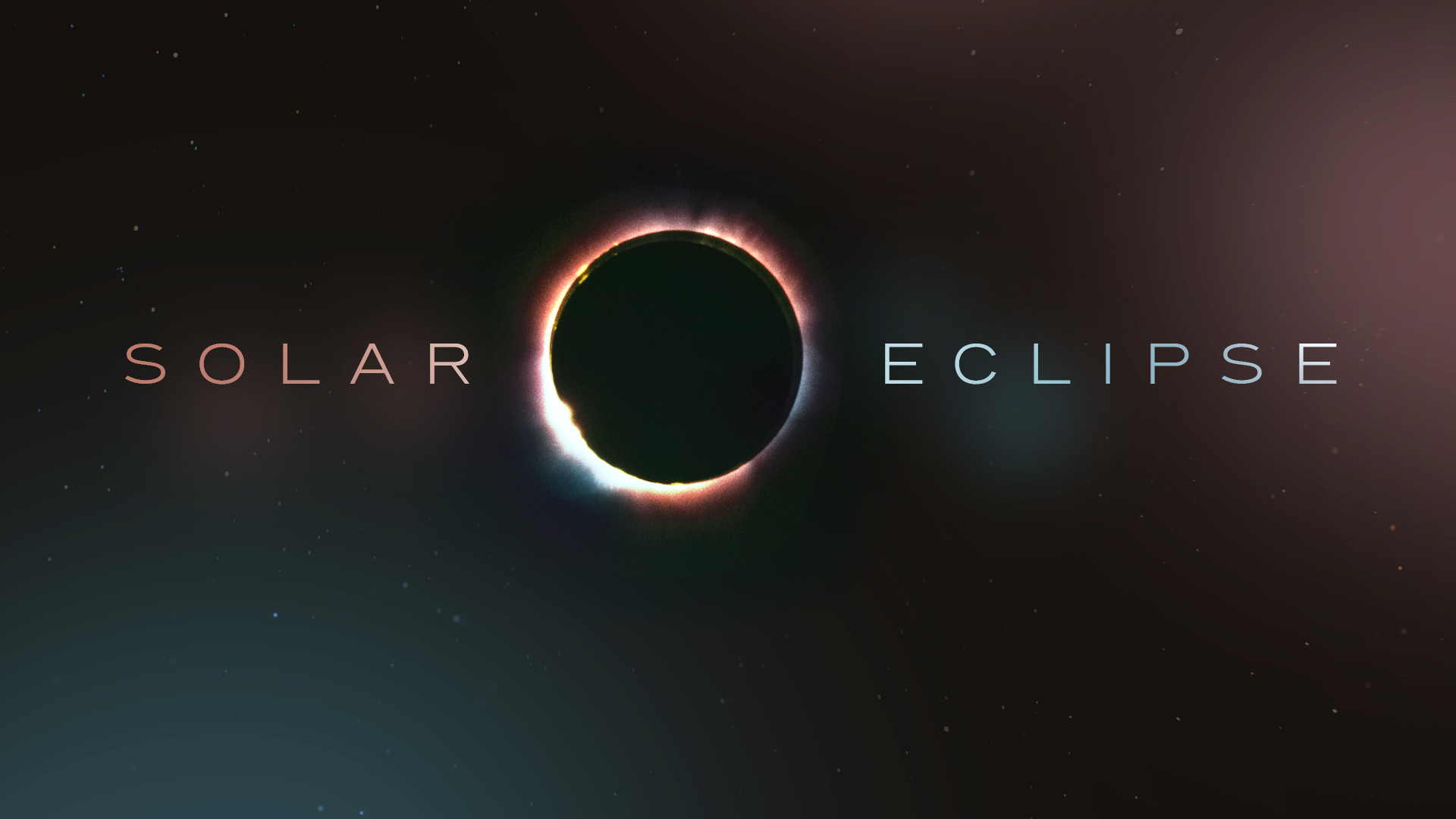The modern world has a solid understanding of the way solar eclipses work. Thanks to science, we know that on April 8, 2024, much of North America will experience a solar eclipse. The sun, Moon, and Earth will align in that order, leading the moon’s shadow path to land on Mexico’s coast before crossing the United States from Texas to Maine.
Scientific organizations like NASA have been able to map out not only where and when eclipses happen, they’ve also managed to use solar eclipses to learn about the sun and its influence on the world around us.
MAP OF SOLAR ECLIPSE PATH
Get DFW local news, weather forecasts and entertainment stories to your inbox. Sign up for NBC DFW newsletters.
Even with prediction science, the experience of a total solar eclipse is often an overwhelming one. People describe an eerie sensation as the sun becomes overshadowed and darkness overcomes an otherwise bright sky. Even seasoned eclipse chasers report feeling overcome.
Astrophysicist Fred Espenak has seen 30 total solar eclipses over 54 years; he runs a website called Mr. Eclipse and still, he describes this sense of overwhelming awe:
“Every single time, I get that excitement. Goosebumps. The hair on the back of my neck stands up and there’s a feeling in the pit of my stomach that something is terribly wrong with the day.”
For ancient civilizations, the experience of watching the sun disappear in the skies was even more bewildering. Astronomer Tyler Nordgren explains “At the moment of this total eclipse, this bright, light-giving thing we take for granted in the sky suddenly turns black. It is utterly disconcerting.” Nordgren published a book ahead of the 2017 eclipse in the U.S. that explored how eclipses have been viewed culturally over time. He describes experiencing totality, when the sun is completely overshadowed by the moon, as an unnerving experience: “I tell people, it's the most unnatural, natural phenomena you will ever experience in your world.”
TOTAL SOLAR ECLIPSE 2024
As UT Arlington professor Amy Austin explains, the word for eclipse is Greek for abandonment or disappearance.
The Greeks were one of many cultures to develop mythology and folklore to try and understand what was happening. Folklorist for the Smithsonian James Deutsch explains the storytelling built around eclipse cycles helped people cope “They thought the world was coming to an end, and there must be something they could do to stop it from happening.”
The mythology and folklore around solar eclipses fall within several common themes:
ATTEMPTS TO DESTROY THE SUN
Many cultures describe a solar eclipse as a battle between good and evil, with the fate of the people of Earth at stake. In the book Totality, written by Fred Espenak and Mark Littman, they describe a pattern in mythology where a creature tries to eat the sun. In Norse mythology, the god Loki is put in chains by the gods, and in response, he creates wolves that try to eat the moon. In China, the sun was believed to be eaten by a celestial dragon. It is a frog, toad, wolf, or Jaguar in other cultures.
PREDICTOR OF DOOM
In many traditions, an eclipse was a sign of something terrible to come and required action to ward off evil. In many traditions making noise, shouting, and creating a scene was thought to scare away the beings that consumed the sun. Deutsch explained this method of action is how people made sense of an unexplainable “It was the job of humans to fix it, you know, that, that we were trying to exert some control over these natural phenomenon.” The myths were often upheld by confirmation bias as the sun returned.
Other predictions were thought to speak of human error. In Transylvania, the sun turns away from humankind’s horrible behavior, raining down toxic dew. To the Babylonians, Espenak explained, an eclipse was a warning that could foretell the death of a king. Leading to the creation of a unique system where a substitute king was chosen, and offered up as a substitute king. Espenak explains that while this may not have lined up with current science, their belief system led to significant developments in eclipse prediction. “They discovered over for several 100 years or more, that Eclipse. The occurrence of eclipses, hence repeats cyclically in something called the Saros cycle.”
ELEMENTS OF TRUTH
According to Austin, some of the worry around eclipses is rooted in real-life events. “King Charles I, his son died around a solar eclipse,” she said. “So that was a sign that it was a bad omen. Later the prophet Muhamad’s son also died around an eclipse, and finally, King Henry I of England died around an eclipse.” Austin explains the historical significance of this remains, “even during a lunar eclipse last year, King Charles of England was told to hide himself in his room.”
SUPERSTITIONS THAT PREVAIL
The idea that an eclipse is a bad omen remains pervasive today. NASA reports several myths still exist around bad fortune. They tell of upcoming bad health or bad fortune, and one pervasive myth, warns pregnant women not to look up. In many Latin American traditions, a pregnant woman wears a safety pin to protect the baby, while in India metal is avoided by pregnant women.
According to NASA, the belief that an eclipse brings bad omens remains pervasive and whenever something bad happens around an eclipse, it contributes to confirmation bias. This idea remains prevalent in our storytelling. Creatives have used eclipses for plot devices throughout human history. Shakespeare uses an eclipse as an omen in both “King Lear” and “Antony and Cleopatra,” but so does Stephen King in “Gerald’s Game” and “Dolores Claiborne.”
Deutsch believes the mysticism around eclipses illustrates humanity’s desire to cope through storytelling “We want to have some control over our destinies. And so we develop these traditions, these rituals, this folklore, to correct the situation as best we can.”






